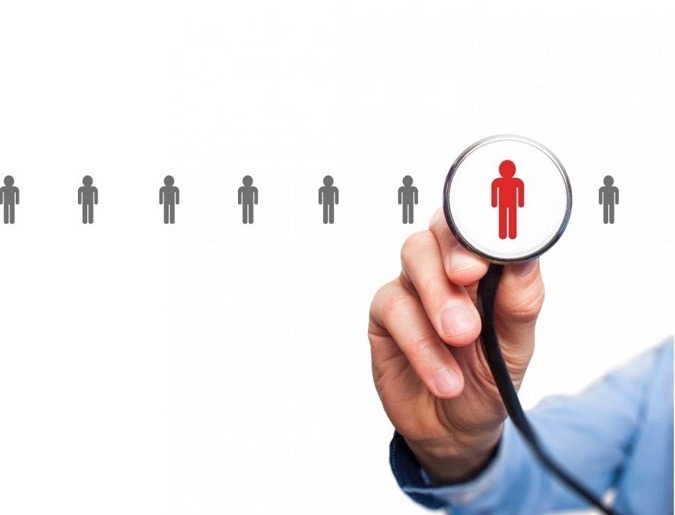Mindstrong Health identifies digital biomarkers of cognitive function using smartphone data
 ___
___
mHealth Research on Mental Health Taps Into One’s Tapping Habits (mHealth Intelligence):
“Healthcare providers looking to use mHealth in behavioral health treatment have long struggled to make the technology unobtrusive. But recent research suggests that remote monitoring of people with mental health issues could be done by analyzing their smartphone habits.
A recent report in the journal NPJ Digital Medicine suggests that a smartphone app that collects user activity in the background can help telemental healthcare providers measure that user’s daily habits and detect when those habits deviate. By combining those habits – called digital biomarkers – with other social and environmental data, providers can then identify when mental health problems occur and why they happen.
“We believe that digital biomarkers are the foundation for measurement-based mental healthcare, for which there is a massive unmet patient need,” Dr. Paul Dagum, the study’s lead author and founder and CEO of Mindstrong Health, said in a release. “To provide better mental healthcare, we need better ways to measure cognitive function and brain health that are quantitative, reproducible, continuous and objective.”
“The traditional measures of mental health are patient self-assessments or clinician-administered questionnaires,” added Mindstrong co-founder and President Dr. Tom Insel. “They have relatively low inter-rater reliability, and don’t assess patients in real world settings. Mood and cognitive function vary widely from day to day and during the day, and are subject to a range of environmental factors. Real-time, continuous, ecological measurements of the kind we are identifying are key for enabling a new outpatient care model for mental health patients.”
The Study:
Digital biomarkers of cognitive function (NPG Digital Medicine; opens PDF)
- Abstract: To identify digital biomarkers associated with cognitive function, we analyzed human–computer interaction from 7 days of smartphone use in 27 subjects (ages 18–34) who received a gold standard neuropsychological assessment. For several neuropsychological constructs (working memory, memory, executive function, language, and intelligence), we found a family of digital biomarkers that predicted test scores with high correlations (p<10?4). These preliminary results suggest that passive measures from smartphone use could be a continuous ecological surrogate for laboratory-based neuropsychological assessment.
The Study in Context:
- Five reasons the future of brain enhancement is digital, pervasive and (hopefully) bright
- Pear Therapeutics raises $50M to develop and market a portfolio of digital therapeutics for mental health
- Mindstrong Health raises $14 million to modernize the diagnosis and treatment of neuropsychiatric disorders via artificial intelligence (AI) and smartphones
- Pending FDA review and approval, research findings pave way for Akili’s EVO to become first brain training platform prescribed for ADHD
- The FDA creates new Digital Health unit to reimagine regulatory paths in the age of scalable, AI-enhanced innovation
- Presentation by Dr. Tom Insel, President and Co-Founder of Mindstrong Health, at the 2017 SharpBrains Virtual Summit: Brain Health & Enhancement in the Digital Age (December 5–7th):


